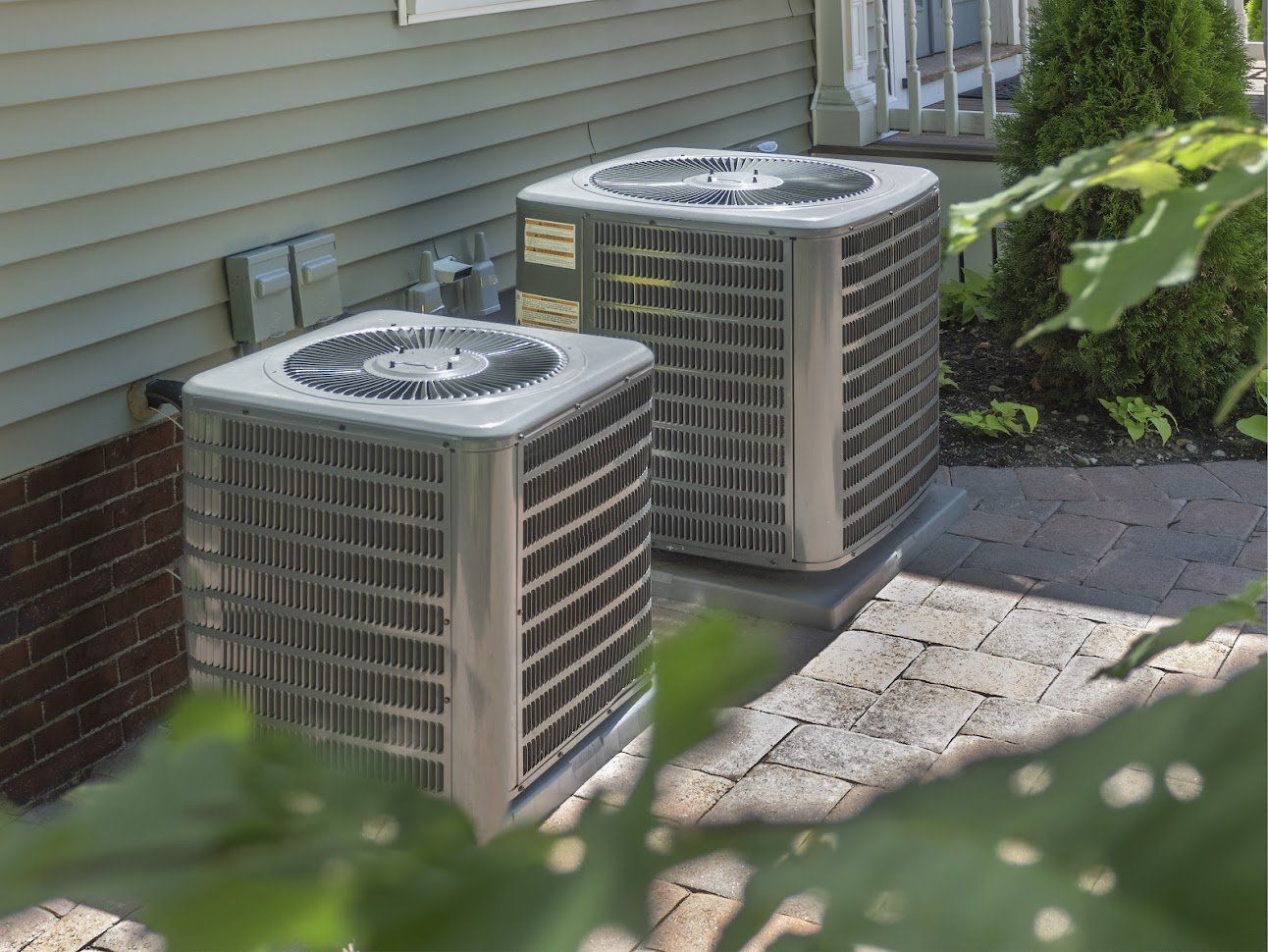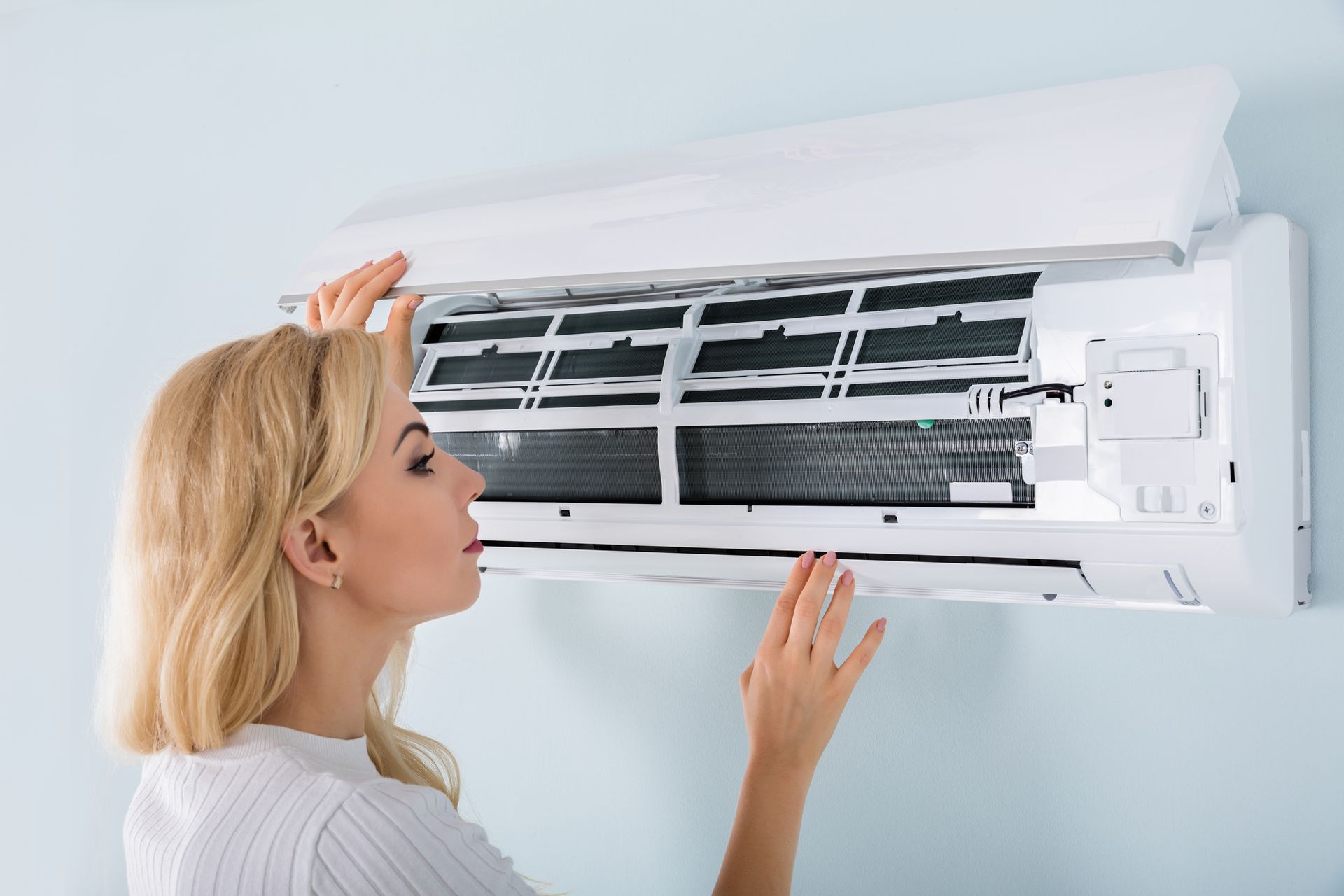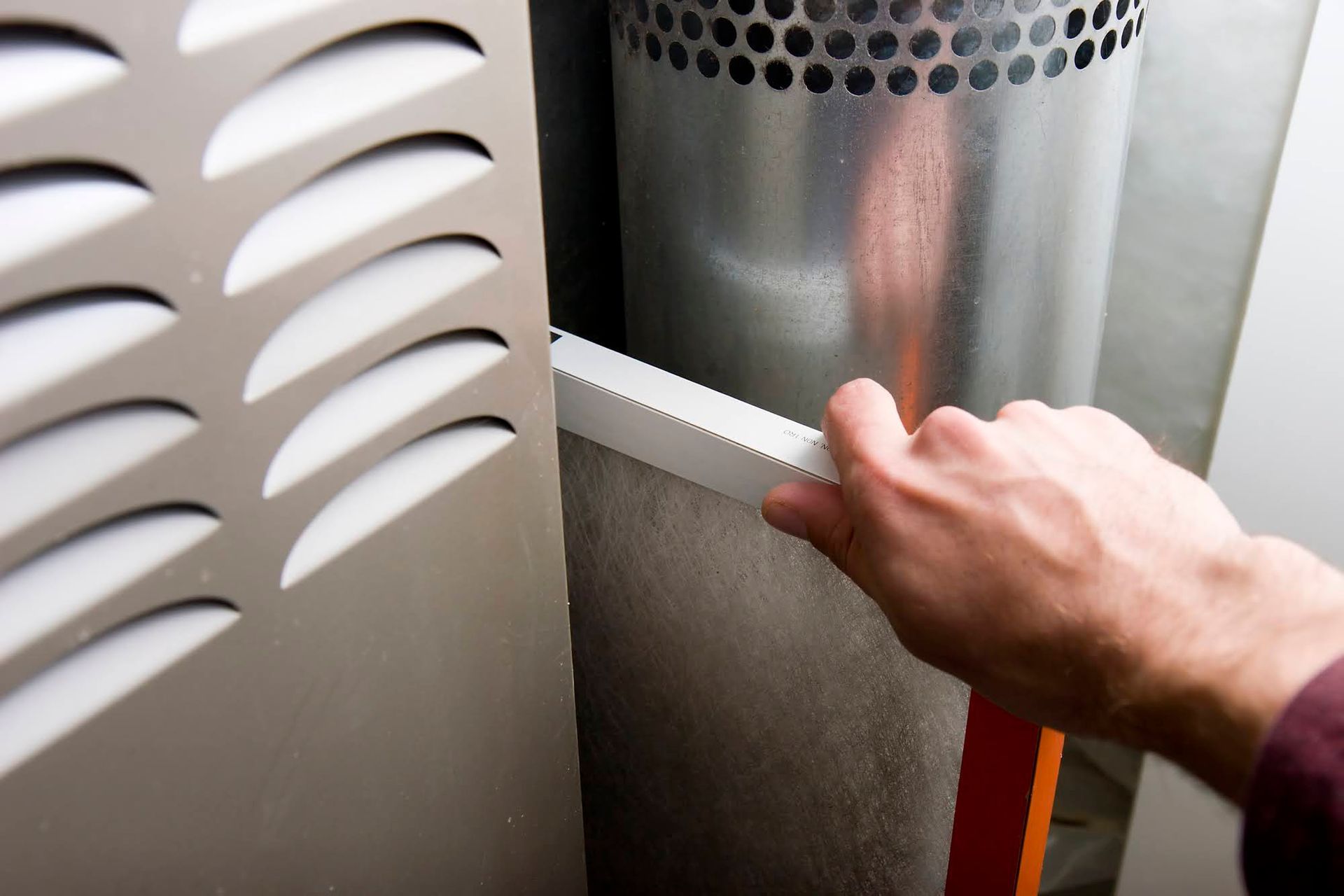Is Your AC Ready for Summer? 5 Tips to Prepare

1. Replace Filters
Air filters are essential parts of your AC, as they reduce the pollutants in your home and boost airflow. However, debris, dirt, pet dander, and allergens clog filters and reduce the air conditioner's ability to cool your home. While you should change your filter every few months, increase the frequency if you have severe allergies or many pets or you live in a polluted environment.
A filter with a MERV rating of six to eight is an excellent choice to keep your home free of contaminants. When you change the filter before summer, you increase the AC's cooling efficiency and improve its lifespan.
2. Inspect the Outdoor Unit
Check the AC outdoor unit before summer to ensure no obstructions are around it. If leaves, shrubs, and other debris clog the condenser coil, the AC has to work harder to cool your home, resulting in system failure.
Before summer, pull off any leaves and clumps of dirt and brush any cobwebs on the outdoor unit. Then, trim any shrubs and trees that have grown too close to the AC. You can spray down the appliance with a hose as long as you shut it off to prevent electrical hazards.
Use a simple stream instead of a hash water spray, as the unit's coils are pretty fragile. Ensure that no dirt particles exist, even in the crevices of the paneling.
3. Inspect the Ductwork
Before you inspect the ductwork, check that rugs, furniture, and other items don't block any vents in the house. Then, check the ductwork extending through the basement or attic for gaps or tears. Cracks in the ductwork reduce airflow and facilitate the loss of cool air. Ensure that the ducts have adequate insulation, as poor insulation also causes leaks that seep through the ceiling.
4. Invite Professionals
Many AC problems go unnoticed to the untrained eye, so schedule an inspection before summer to ensure everything works as it should.
The benefits of AC inspection include enhanced comfort and better air quality. Keep in mind that repair costs balloon if you leave AC issues to worsen. An AC expert catches any minor problems before they become large issues, saving you a lot in repair costs. Also, regular inspection extends your unit's lifespan by fixing or replacing worn parts that prevent the unit from working as it should.
During the inspection, the AC expert cleans any debris and dirt in the system, checks for carbon monoxide leaks, ensures the correct function of safety devices, checks coolant levels, and inspects all electrical components.
The specialist also checks the condition of various AC components, such as evaporator coils, condensate drain, air handler, compressor, blower motor, and condenser fan blade. Then, the AC professional recommends vital repairs or upgrades to ensure the AC works as desired over the summer.
5. Upgrade Your AC
Over time, your air conditioner loses efficiency and becomes more expensive to maintain. Summer means higher utility bills for most American homes, but a spike in your energy costs can indicate that AC replacement is due.
Newer units are more energy-efficient, thanks to stringent quality standards. An AC professional also ensures that your new unit is correctly sized for your house, so you spend less money maintaining the AC. Invest in an AC with advanced filtration to enjoy healthier air.
Ultimately, a professional inspection is the best way to prepare your AC for summer. Call us at Comfort Solutions today to enjoy enhanced comfort.










